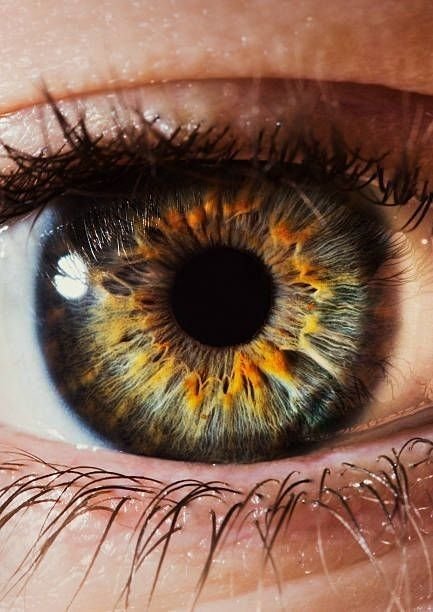Iridology: FAQ’s
1. What exactly is iridology?
Iridology is the study of the iris — the coloured part of the eye — to gain insight into your health. Your iris is like a map, showing inherited strengths, areas of stress or imbalance, and emotional patterns. It doesn’t diagnose disease but offers a unique window into how your body is functioning and where support is needed.
2. How is an iridology reading done?
I take a close-up photograph of your eyes using a specialised camera or clear images if we’re working remotely. From this, I analyse markings, colour patterns, fibres, and shapes — each one tells a story. You’ll receive a detailed interpretation and suggestions for herbal support, lifestyle shifts, or emotional healing, based on what I see.
3. Is it safe? Does it hurt?
Completely safe and non-invasive. There’s no contact with the eye — just a photograph, taken gently in natural or soft light. Many clients find the process fascinating and often feel seen and understood in a new way.
4. What can iridology reveal about me?
Iridology can offer insight into:
Your constitution and vitality
Inherited patterns (physical or emotional)
Which systems of the body need support
Digestive health, stress markers, inflammation
Emotional patterns like fear, grief, control, or exhaustion
How your terrain is currently functioning (hot, dry, stagnant, depleted, etc.)
5. Can iridology diagnose illness or disease?
No — iridology is not a diagnostic tool in the medical sense. It doesn’t replace your GP or medical tests. Instead, it offers an energetic and constitutional overview — guiding you to the areas where support can bring real transformation.
6. Can I have an iridology reading if I wear contact lenses or glasses?
Yes. You’ll be asked to remove lenses or glasses for the photo so I can get a clear image of your iris. If you have very light-sensitive eyes or specific concerns, just let me know — we can adjust the lighting accordingly.
7. Is it suitable for children or teenagers?
Yes — gently and appropriately. Iridology can be a powerful tool for understanding a young person’s constitutional strengths and emotional tendencies, especially if they’re struggling with mood, skin, or digestion. Parental consent and presence are required.
